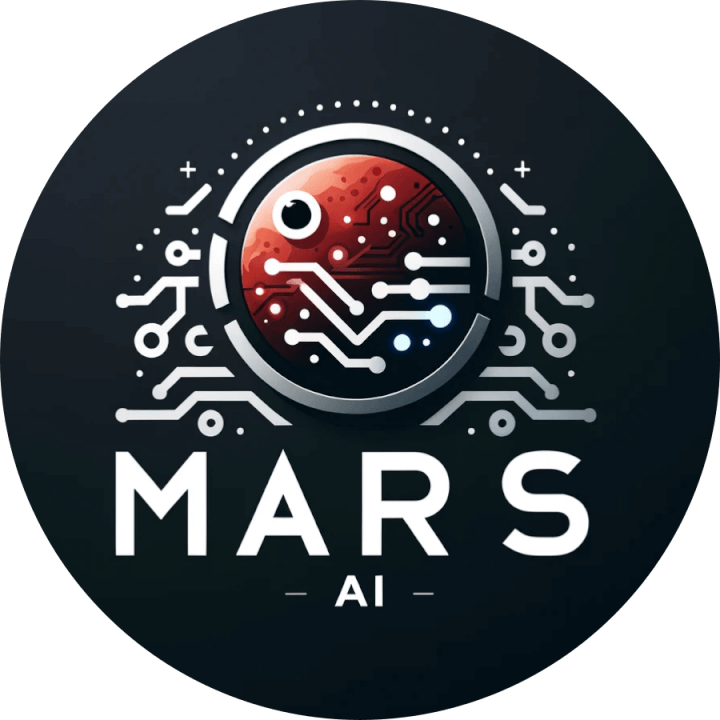Understanding Artificial Intelligence Ethics
Understanding Artificial Intelligence Ethics
These prompts aim to engage readers in critical thinking about the ethical dimensions of artificial intelligence, encouraging responsible development, deployment, and use of AI technologies in a way that benefits society while minimizing harm.
Understanding Artificial Intelligence Ethics
Ethical AI: Navigating the Ethics of Artificial Intelligence
1. Define artificial intelligence ethics and its importance in technology development.
2. Discuss the main ethical considerations in AI design and deployment.
3. Share insights into the potential biases in AI algorithms and how to address them.
4. Offer guidance on ensuring transparency and accountability in AI systems.
5. Provide tips for protecting privacy and data security in AI applications.
6. Explore the impact of AI on employment and the workforce.
7. Discuss strategies for ensuring AI technologies are accessible and inclusive.
8. Share methods for incorporating ethical principles into AI research and development.
9. Offer advice on navigating the moral implications of AI in decision-making processes.
10. Provide guidance on the role of regulation and policy in ethical AI deployment.
11. Explore the ethical challenges of autonomous vehicles and their decision-making algorithms.
12. Discuss the implications of AI in surveillance and law enforcement.
13. Share strategies for engaging the public in conversations about AI ethics.
14. Offer insights into the future challenges of AI ethics and governance.
15. Provide tips for fostering collaboration between ethicists, engineers, and policymakers.
16. Explore the ethical use of AI in healthcare and medical diagnostics.
17. Discuss the responsibility of AI developers in preventing misuse of technology.
18. Share methods for conducting ethical risk assessments in AI projects.
19. Offer advice on balancing innovation with ethical considerations in AI.
20. Provide guidance on ethical AI in military and defense applications.
21. Explore the concept of AI personhood and rights.
22. Discuss the environmental impact of training and running large AI models.
23. Share strategies for mitigating the risks of AI-enhanced disinformation campaigns.
24. Offer insights into the ethics of AI in content creation and copyright.
25. Provide tips for ethical AI use in educational technologies.
26. Explore the challenges of global cooperation in AI ethics.
27. Discuss the role of AI in shaping societal norms and values.
28. Share methods for ensuring ethical use of AI in financial services.
29. Offer advice on ethical considerations in AI-generated art and creativity.
30. Provide guidance on managing the ethical implications of predictive policing.
31. Explore the role of AI ethics in disaster response and humanitarian efforts.
32. Discuss the balance between AI innovation and human oversight.
33. Share strategies for addressing the digital divide exacerbated by AI.
34. Offer insights into ethical AI use in social media and online platforms.
35. Provide tips for building trust in AI systems among users and consumers.
36. Explore ethical considerations in the development of AI for children.
37. Discuss the importance of interdisciplinary approaches to AI ethics.
38. Share methods for ensuring long-term ethical considerations in AI evolution.
39. Offer advice on developing ethical guidelines for AI in business.
40. Provide guidance on AI and its impact on human identity and autonomy.
41. Explore the ethical dimensions of AI in altering human experiences and realities.
42. Discuss the potential for AI to contribute to or mitigate global inequalities.
43. Share strategies for ethical international collaboration in AI development.
44. Offer insights into the ethics of emotion recognition and affective computing.
45. Provide tips for addressing ethical dilemmas in AI-driven personal assistants.
46. Explore the implications of AI in augmenting or replacing human judgment.
47. Discuss ethical frameworks for evaluating AI’s societal impact.
48. Share methods for cultivating ethical leadership in AI innovation.
49. Offer advice on the ethical use of AI in predictive analytics and big data.
50. Provide guidance on creating a culture of ethical awareness in AI teams.

